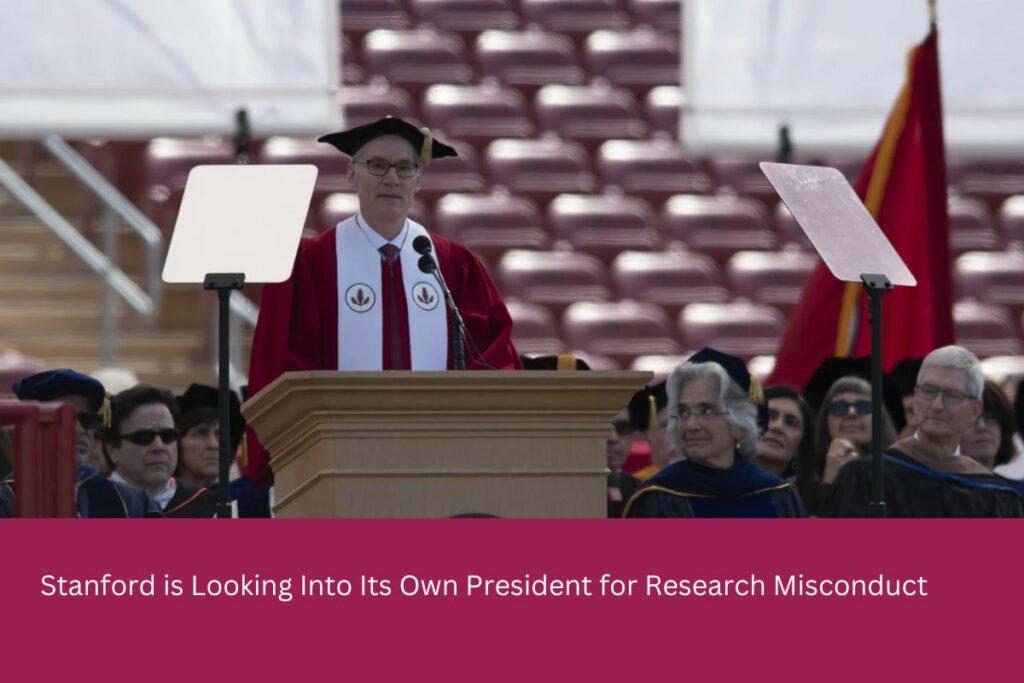The president of Stanford is being looked into over claims that publications he co-authored contain altered data and pictures. The university made the announcement of the investigation on Tuesday and stated that it will be looking into claims of scientific misconduct made against Marc Tessier-Lavigne, the university’s chief employee.
The remark was made in response to comments made on an online forum questioning the veracity of numerous photographs used in publications coauthored by Tessier-Lavigne, who became president in 2016. The postings were then covered by the university newspaper, the Stanford Daily, along with a number of other charges of alleged manipulations in Tessier’s work, Lavigne’s on Tuesday.
Tessier-Lavigne, who Stanford referred to as a “global pioneer in the research of brain growth and repair,” has had a successful stint at the institution, boosting its endowment by $12.1 billion and overturning a divisive decision to eliminate its 11 sports teams.
The European Microbiology Organization Journal, a well-known publisher of scientific research, announced after the charges were made that it would also be looking into the staff member and that it was ‘looking into’ inconsistencies in a study article he wrote in 2018.
You May Be Interested In:
- After Being Re-elected, What Will Newsom Do?
- Mastriano, a Trump Supporter, Has Conceded the Governorship of Pennsylvania
The documents in question were also paid for by taxpayers through subsidies from the government, which raises major concerns about the staff member’s moral character. Marc Tessier-Lavigne, president of Stanford University, is being investigated over claims that papers he co-authored contain altered data and photographs. Since beginning in 2016, he has had a successful stint at the institution, increasing its endowment by $12.1 billion and overturning a decision to eliminate 11 sports teams.
Marc Tessier-Lavigne, president of Stanford University, is being investigated over claims that papers he co-authored contain altered data and photographs. Since beginning in 2016, he has had a successful stint at the institution, increasing its endowment by $12.1 billion and overturning a decision to eliminate 11 sports teams.
Since then, a well-known biologist who is familiar with Tessier-work Lavigne’s has come out to claim that the president’s scientific papers featured “a lot of evident flaws” and content “suggestive (of) a desire to deceive.”
After reviewing the work, Elisabeth Bik, a widely respected authority on image analysis and research integrity, told the East Bay Times that “one cannot truly argue that all the faults that we observed are pointing towards misconduct.”
But there are difficulties, and they are real, she continued. Bik’s study was supported by experts who examined Tessier-work Lavigne’s at The Daily’s request. They also noted that three studies published in the illustrious scientific magazine Science and Nature also had “severe flaws.”

